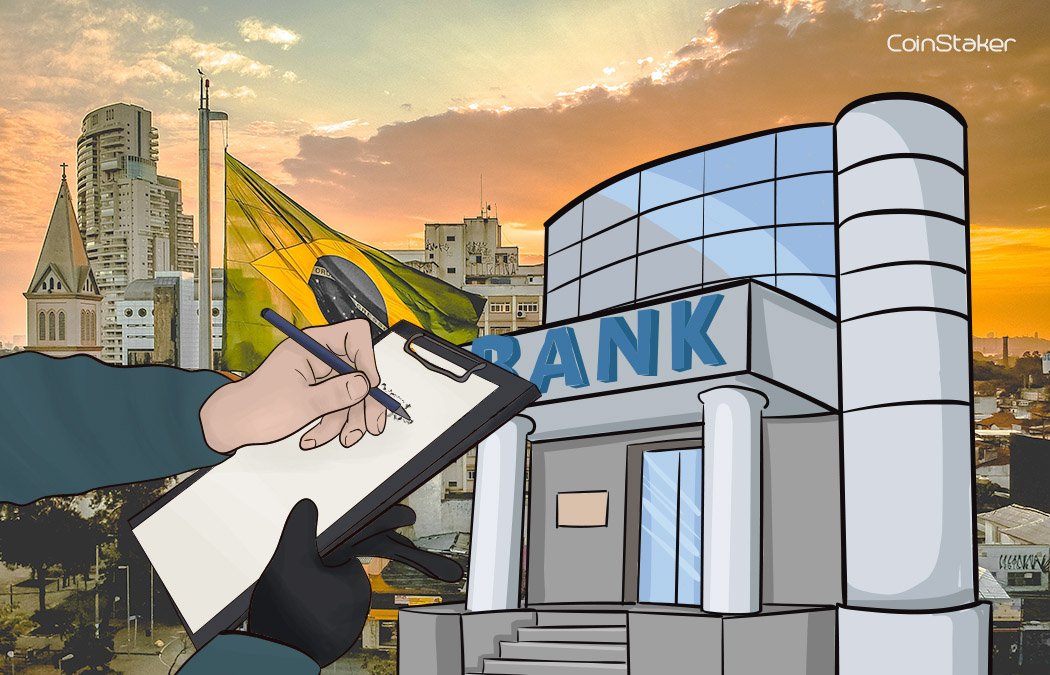RIO DE JANEIRO, BRAZIL – The escalating novel coronavirus pandemic has well-known economic consequences: a drop in economic activity and unemployment.
To avert major shocks, the demand for credit has been high. According to the Brazilian Federation of Banks (FEBRABAN), R$4.5 trillion (US$830 billion) in credit was granted by banks between March last year and this year, an average of R$347 billion a month.

During the crisis period, the demand from companies rose 12.1% compared to the preceding period. However, entrepreneurs continue to seek credit assistance, such as the National Program of Support to Micro and Small Companies (PRONAMPE), which should be renewed in the coming days as promised by the Ministry of Economic.
According to FEBRABAN, banks granted R$325.2 billion in loans to small and medium-sized businesses, in new contracts and renewals. The sector also renegotiated 1.75 million contracts in this segment for a total amount of R$105.1 billion.
Through PRONAMPE alone, 516,700 operations were conducted, with disbursements of R$37.5 billion.
Although the grace period has been extended, entrepreneurs are asking for renewal for 2021. Due to the new wave of Covid-19, many activities have been restricted, squeezing companies’ cash flow.
Last Wednesday, April 28th, Economy Minister Paulo Guedes reinforced that the government intends to relaunch the PRONAMPE, either through a provisional measure or a vote on a bill in the Chamber of Deputies. The expectation is that the contribution will reach R$20 billion this year, and the deadline for the loans to be paid back will be extended.
It is worth noting that the cost of credit also decreased in the period since banks were well backed to face the crisis. In March 2021, the stock of credit showed the highest level ever recorded in history (R$4.1 trillion), an increase of 17.8% in relation to the February 2020 indexes. “Bank credit showed a very positive dynamic, not only with growth in the stock and high volume of loans, but also lower interest rates and healthy default rates,” says Isaac Sidney, FEBRABAN’s president.
Proof of this trend is in the default rate when the delays exceed 90 days. The rate stood at 2.1% per year in December 2020 and remained virtually unchanged until March (2.2%). In the pre-crisis period, FEBRABAN says that the rates exceeded the 3% mark. Another important factor to be considered is the reduction in the average interest rate from 23% per year in February 2020 to 20% in March 2021.
Borrowing in the market was more attractive during the pandemic. The average bank spread – the difference between the interest the bank pays to investors and the interest it charges when lending – also dropped from 18.5 percentage points to 15.1 percentage points.
Source: Veja

